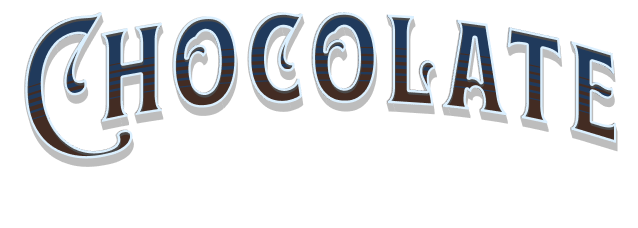Level: Novice
Read Time: 4 minutes
Do I have to proof my nibs and sugar before starting my chocolate? I’m worried about caramelizing the sugars and getting off flavors that are not true to the bean.
I have started to hear the term proof recently. I think it is from the Dandelion book but I’m not 100% sure. What I do know is that I am finding that it irks me. It idea itself is fine, but the term proof is just not right.
Proofing is a term used in baking. It is a process of keeping yeasts and breads warm so they may rise and prove the yeast is good. i.e. “proof the yeast”. This is traditionally done so you are not adding yeast that is not up to the job at hand and having to fix the mistake.
In chocolate there is nothing to prove. You are merely heating the nibs in an oven. This CAN be in a proofing oven but that does not mean you are proofing the ingredients.
So, no, you do not have to proof your nibs and sugar – since you can’t. But you can warm them and I recommend this along with heating the melanger bowl and stones.
I decided to look up your last order and I see you only just ordered a melanger. You presumably have not even had the chance to make chocolate.
I want to go off on a minor tangent. I think you are falling into a pattern I’m seeing way to often.
We just finished up 10 days of shooting video and a recurrent theme we found was that people want to make the perfect chocolate out of the gate and are basically terrified of failing. They get stressed and lost in all the potential details and panic. And time and again I found the answer I kept giving over and over is try to stop being afraid of failure and stop setting your bar so high when you are starting out. I totally get you don’t want to make bad chocolate but it isn’t binary. What you make does not have to be the perfect chocolate ever or horrible chocolate and virtually no single decision you make or don’t make is going to turn you chocolate into horrible chocolate. By following basic directions and not getting fancy you can make good chocolate your first time.
Not sorting your beans will not ruin your chocolate.
Not getting 100% of the husk out will not ruin your chocolate.
Roasting a little over or under will not ruin your chocolate.
A little over or a little under is not 5, 15 or even 30 seconds during the roast. It is minutes.
Refining 16 vs 24 hours will not ruin your chocolate.
Running the melanger without tension at the end will not make or ruin your chocolate.
A little cocoa butter or no cocoa butter will not ruin your chocolate.
Adding sugar at the outset or at 12 hours will not ruin your chocolate.
Not pre-grinding your nibs will not ruin your chocolate.
Do you see where this is going?
Warming or not warming your ingredients is not going to ruin your chocolate.
Just get in there are make your chocolate. Get a baseline and adjust from there.
Make the chocolate
Evaluate the chocolate
Learn
Make the chocolate again.
Rinse and repeat.
And I bet you can tell what I am going to say about heating your sugar. It takes a concerted effort, time and much higher temperatures to affect the flavor of sugar. Warming at 150 F for hours isn’t going to affect the flavor. Not even a little.
Oh, and yeah, heating at 140, 150 or 170 F isn’t going to ruin your chocolate or even change it.
As for ‘being true to the bean’ I am not hardly sure what that even means. People season the best cuts of meat, the most pristine fruit and the most awesome vegetables and I don’t see anyone worrying about being true to the ingredients. I find it incredibly odd this has become a thing in chocolate. Even in wine where there is lots of varietal character in grapes you almost never see fermentation in inert stainless steel and using neutral yeasts so they stay true to the grape. The makers MAKE. They use their desires and loves and experience to bring out the parts they want and in many cases introduce ingredients and procedures to create wonderful flavors that would not exist before.
There is nothing wrong with doing the same thing in chocolate.
Those questions you asked most likely would not have been asked if you had just tried it instead of being scared to fail. Failure is part of learning and making. Most of my best lessons and discoveries happened because I failed. But most likely you would not have failed.
So just get in there and make some chocolate and only worry about changing things once you have the basics down.
Now go make some chocolate.

